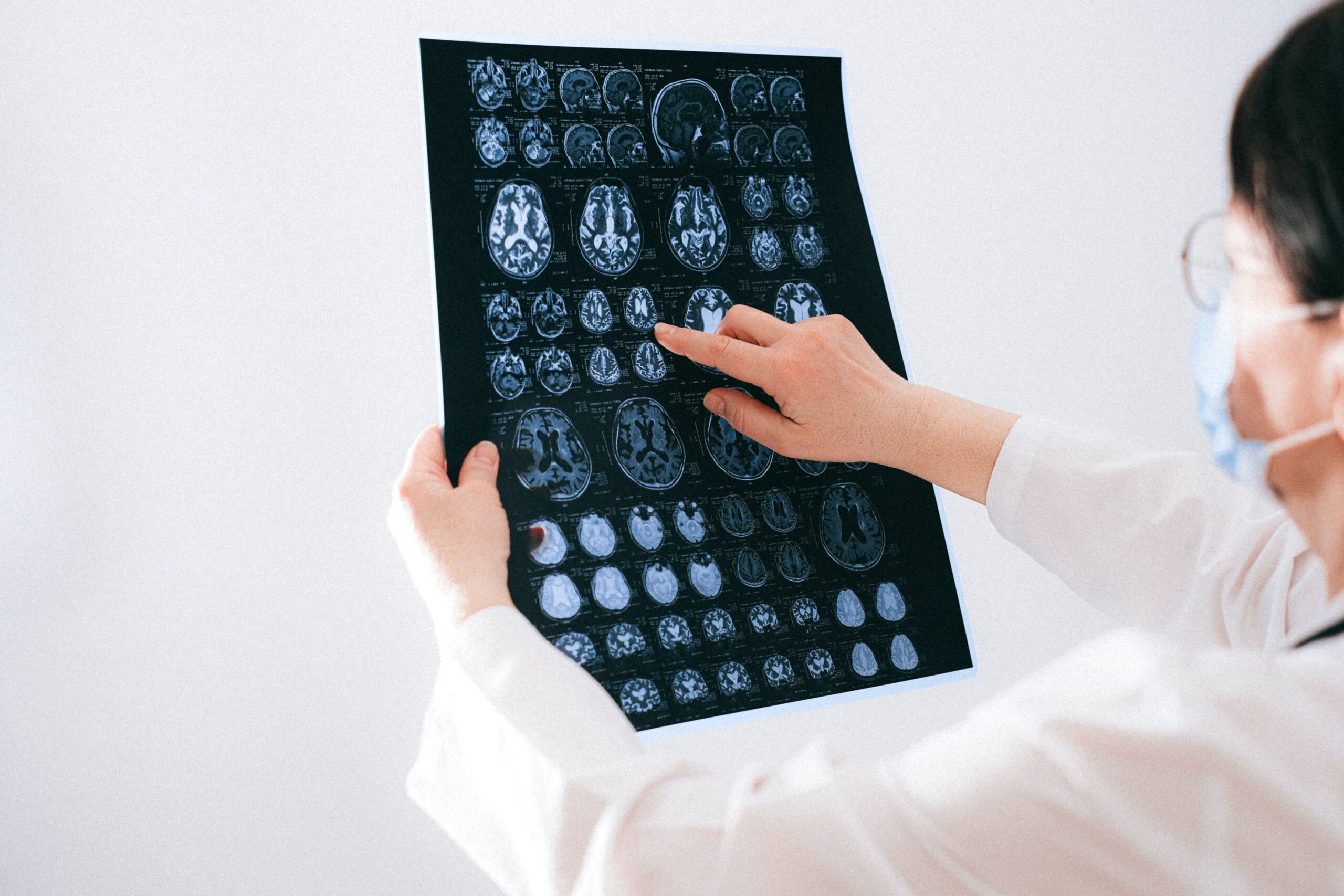Eating disorders can significantly impact multiple aspects of an individual’s life. Finding the proper treatment to identify the root cause and establish a healthy relationship with food is integral. The treatment for an eating disorder is based on the type of disorder and the symptoms of the individual.
The eating disorder treatment center first conducts an assessment to determine the particular disorder and then utilizes multiple psychotherapy, medications, medical monitoring, and nutritional education to treat the individual.
What is an Eating Disorder?
An eating disorder is a complex and severe mental health problem that impacts the physical and emotional health of an individual. People battling eating disorders have an unhealthy relationship with their appearance, weight, and food. When left untreated, the eating disorder can result in life-threatening issues. Getting assistance from the eating disorder clinics is integral if you or your loved one has an eating disorder.
Types of Eating Disorders
There are different eating disorders, and the treatment depends on the particular disorder the individual has. In some cases, individuals might suffer from two or more eating disorders. Some major types of eating disorders include:
Anorexia Nervosa
Individuals with this disorder significantly restrict their calories and food intake, which sometimes leads to self-starvation. It is an obsession with losing weight and refusing to eat the right amount of food.
Bulimia Nervosa
Individuals with this disorder perceive they ate, eat, or binge a higher amount of food in little time. Once they have eaten, they purge those calories in different ways, like excessive exercising, taking laxatives, or vomiting.
Binge Eating Disorder (BED)
Individuals with this disorder are not in control of their eating habits. They perceive they are or eat a large amount of food in a short time. However, they don’t purge the calories but often end up feeling depressed or guilty.
The treatment facility for eating disorders can help identify your type of eating disorder and establish an appropriate treatment plan.
Special Programs/Groups Offered
The treatment programs and groups for eating disorders vary based on the needs of the patients. Many people have to enroll in an eating disorder treatment residential facility to help with their severe eating disorders. Typically, the two following programs are offered:
Inpatient Treatment
The inpatient treatment for eating disorders usually includes:
- Lab tests
- Physical examination
- Nutritional assessment
- Meal planning
- Supervised meals
- Psychological support, like anxiety management, family education, and psychological assessment
Outpatient Treatment
The outpatient eating disorder facilities typically include the following treatments:
- Cognitive Behavioral Therapy (CBT) – The therapist helps you identify the root cause and negative thoughts to transform them into healthy, positive ones.
- Enhanced Cognitive Behavioral Therapy (CBT-E) – This combines CBT with particular practices, like adding forbidden foods to the diet or limiting weigh-ins.
- Dialectical Behavioral Therapy (DBT) – It assists individuals in learning to manage negative and distressing emotions in a healthy way to enhance their interactions.
- Exposure Therapy – It introduces triggers or fear in the individual’s life, like certain foods to reduce their anxiety based on fear.
- Family-Based Treatment (FBT) – It is based on family meals in which the family helps their loved one gain nutrition and change behaviors.
Find the Best Eating Disorder Treatment Facility
Eating disorders are severe issues that impact the physical and mental health of the individual. If you suspect you or your loved one have an eating disorder, it is essential to seek immediate professional help.







